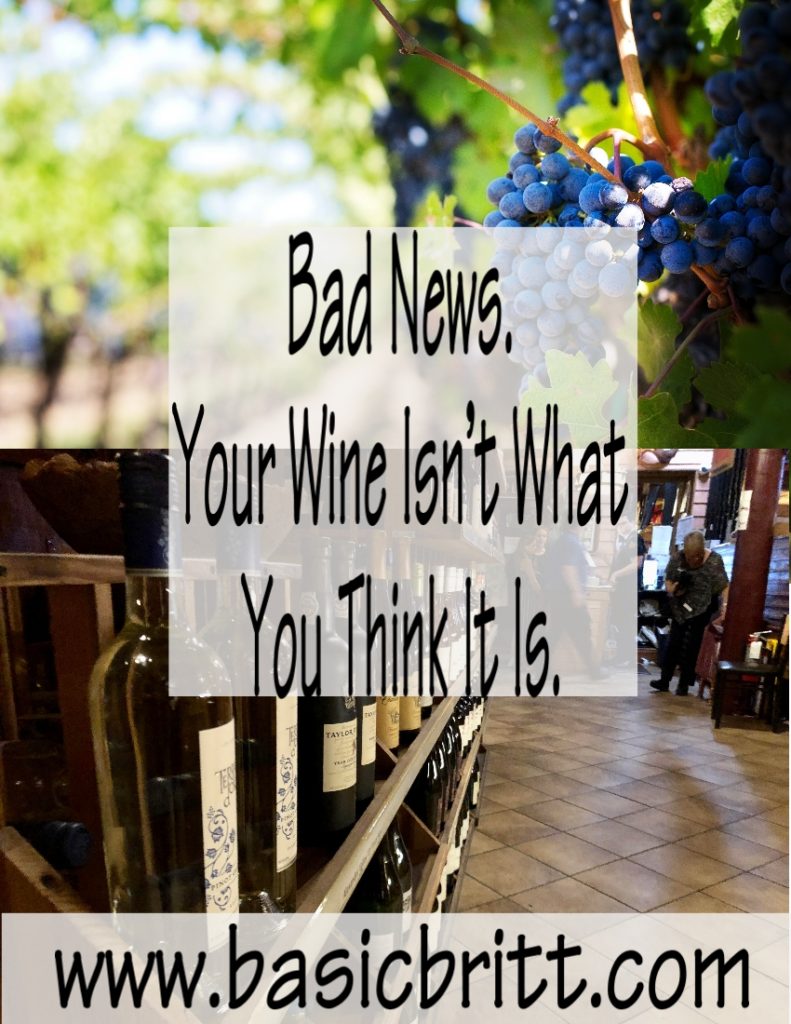
Sorry for the daunting title here, but I’d been thinking about asking my friends, Monica and Jose to write a guest post for me for quite some time. I went to one of their wine tastings a while back and not only learned a ton about winemaking (and, frankly, how gross and unethical it can be), as well as the whole grape growing process. I try to live a clean lifestyle in what I eat and what I put on my skin (enter Arbonne) and found it disturbing that the wine-drinking part of my life was not conducive to clean living at ALL.
Ever since I made the switch to clean-crafted wine, I don’t think I’ll ever go back to, well, imperfect wines. Wine unfortunately is not just fermented grapes and the amount of additives that winemakers legally include is nothing short of disturbing. It makes a HUGE difference, so read on to see what I mean. Monica and Jose made a list comparing mass-produced wine with clean-crafted wine. Read all the way through to see the full comparison. It’s seriously shocking. Without further adieu, here is Monica and Jose…

Do you question what’s in your food? Why not do the same for what you drink? We know that grapes are consistently on the dirty dozen list so what does that mean for your favorite wine? We take the guess work out of you by lab testing (twice) each of the wines added to our collection. Choose clean-crafted!
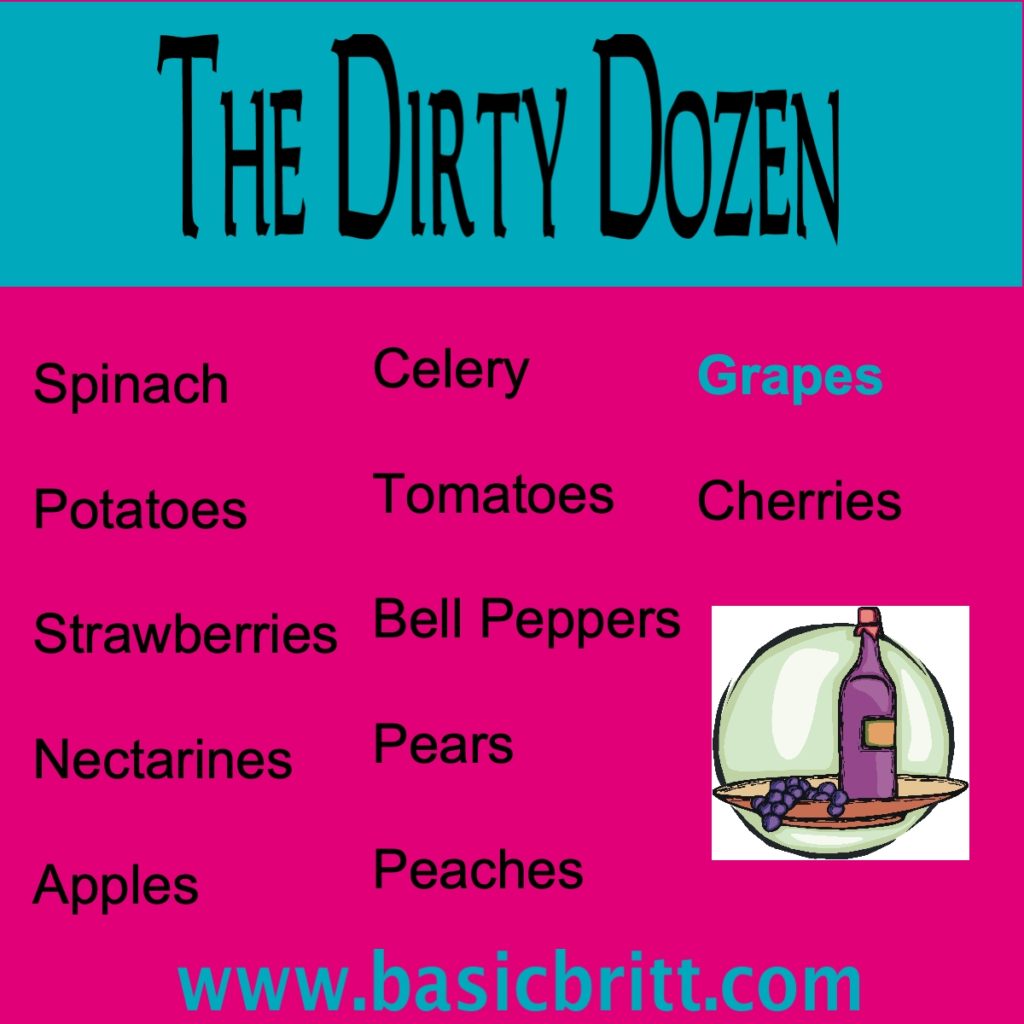
Mass-Produced Wine:
A ton of sulfites
There is up to 350 parts per million of sulfites in mass-produced wine. This is the stuff that gives you a hangover.

Added sugar
The average mass produced bottle of wine can contain up to 16 grams of added sugar (that’s more than a glazed donut!!)

Other gross chemicals
Up to 250 commonly added FDA approved ADDITIVES, such as ferrocyanide, diammonium phosphate (DAP), Copper sulfate, mega-purple, and GMO ingredients. Just to name a few.
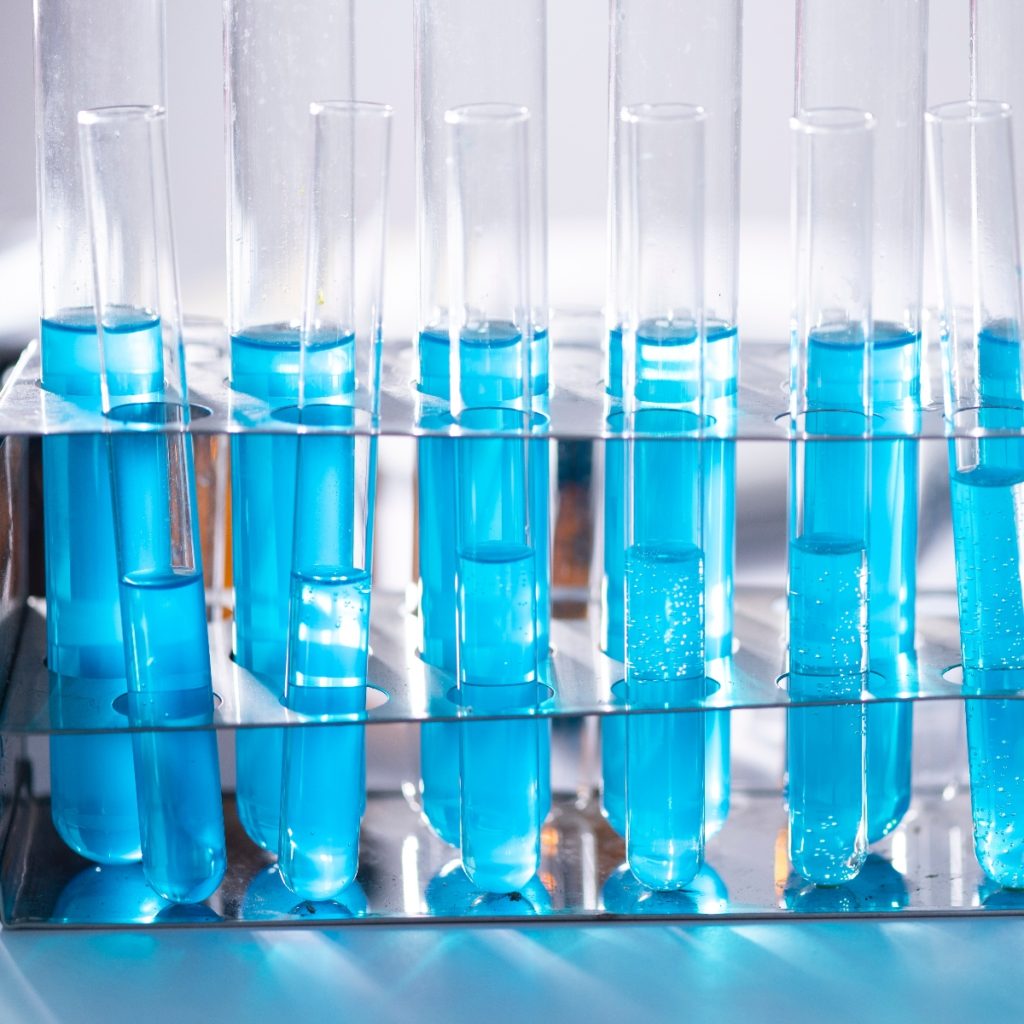
… And animal products
Most mass produced wines use animal products to clarify the wine. In other words, they are NOT VEGAN.

Harvested by machines, using industrial agricultural methods
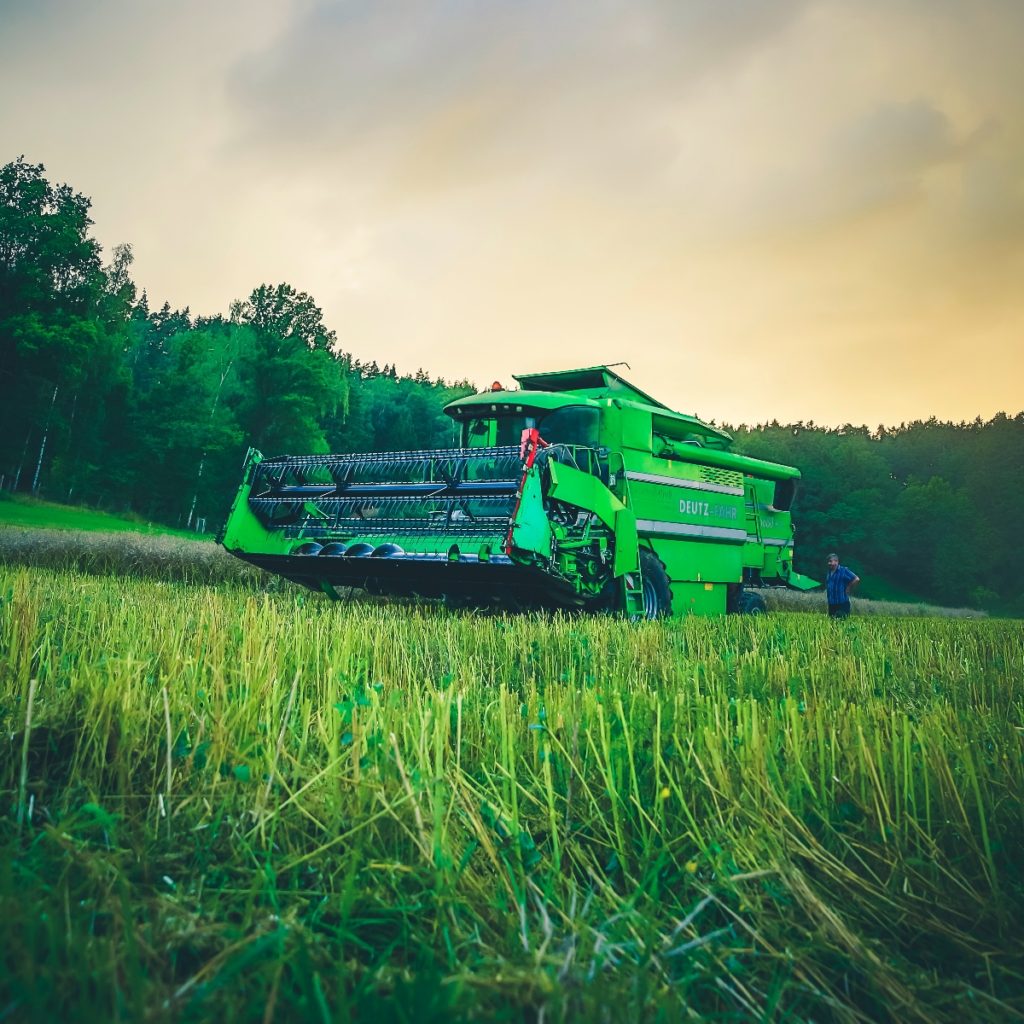
Clean-Crafted Wine:
Fewer sulfates
Usually less than 50 ppm of sulfites, ALWAYS less than 100 ppm

No added sugar
No added sugar and only an average of 1.43 of naturally occurring sugar from the grape.

Grown naturally
Grown naturally with NO synthetic pesticides and artificial preservatives. Independently lab-tested twice to be sure that only the good stuff makes it into the bottle, to your door step and into your wine glass.
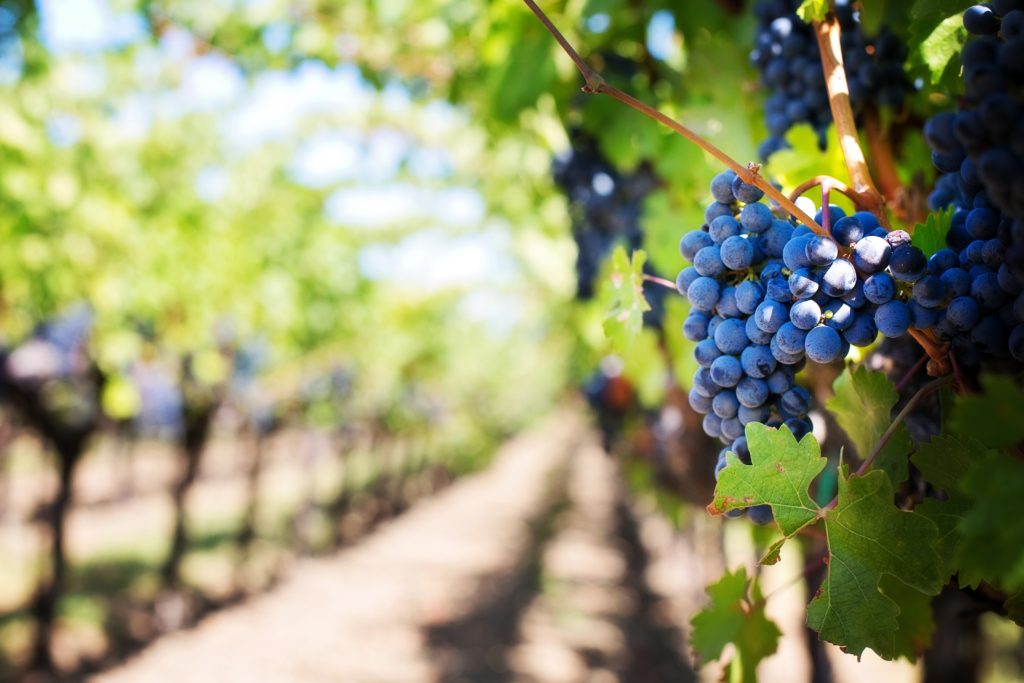
Vegan Friendly
100% Vegan Friendly and slow-crafted to extract naturally occurring antioxidants

Earth Friendly

Tended by actual humans, using sustainable and/or biodynamic farming methods. We believe that regenerative farming practices like these are better for the planet, leaving things better than we found them.
The Clean-Crafted Commitment ™️ – We’re Committed to making wines this way because we believe it’s the right thing to do. For each other. For the earth. For Future generations. Is it difficult? Yes. Does it always make (dollar and) sense. Nope. Is it worth it? Absolutely!

Check out Monica and Jose’s website HERE!
Thanks to Monica and Jose for sharing your expertise today!
